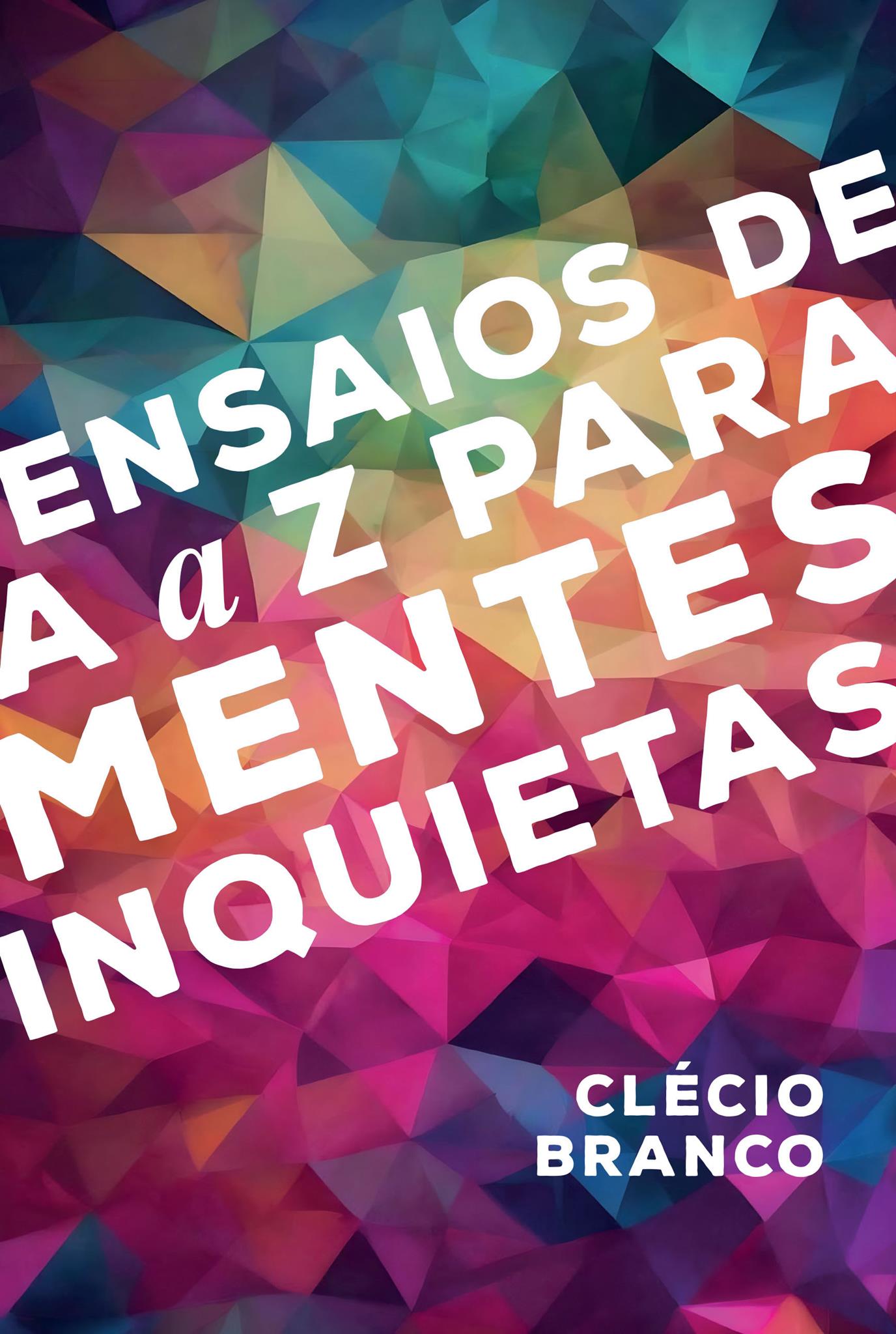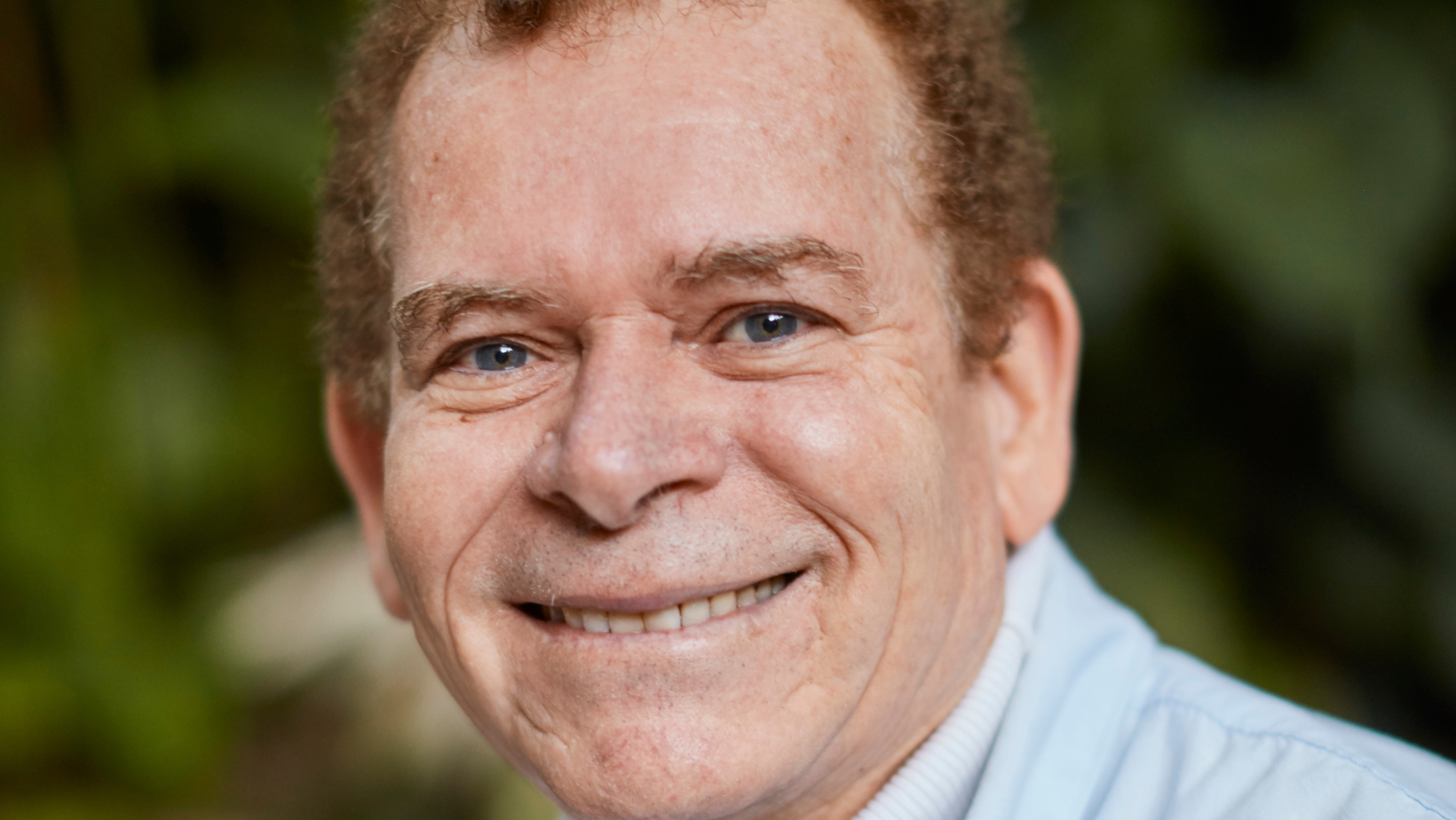In the new release “Essays from A to Z for Restless Minds”, clinical psychologist and doctor of Philosophy Clécio Branco offers an innovative approach by exploring the alphabet as a tool for dissection and reflection on human plurality and the world around us. Using a combination of philosophy, literature, sociology and anthropology, Branco interweaves thoughts from figures such as Plato and Nietzsche with contemporary references from cultural productions, such as the series “Breaking Bad” and the film “A Day of Fury”, creating a dictionary of themes everyday life full of depth.
The book is a response to what philosopher Byung-Chul Han describes as the “society of fatigue”, presenting short, in-depth texts that offer relief and perspective. Influenced by his decades of clinical experience and training in Social Sciences and History, Branco seeks to provide the reader with a space to reflect on fundamental aspects of life, such as love, desire and choices, as well as natural elements such as water and time. This work is a critique of excessive productivity and consumption which, according to the author, leads both the body and nature to exhaustion.
“Essays from A to Z for Restless Minds” invites readers on an introspective journey, allowing them to explore existence in a non-linear and personal way. Each essay can be read independently, encouraging a deeper awareness of the rhythm of life and individual choices. Before opening the pages of this book, the author suggests a moment of pause and reflection, preparing to question and reevaluate the world in an unprecedented way.
How did the idea of using the alphabet as a structure to present the reflections in “Essays from A to Z for Restless Minds” come about?
The French philosopher Gilles Deleuze, on a radio program in France, participated in a chat entitled “Abecedário,” where the interlocutor mentioned a letter and the philosopher developed a speech based on it. I studied Deleuze’s philosophy and was enchanted by his thoughts, as well as the concepts he created together with his writing partner and life partner, the psychoanalyst Félix Guattari. Inspired by these authors, I decided to write “Essays from A to Z for Restless Minds.”
What were the main challenges when integrating philosophical theories and popular cultural productions into your reflections?
The authors mentioned make philosophy based on ideas present in different areas, such as theater, cinema, dance, ethnography, visual arts, literature and other fields. Following in the footsteps of these two great thinkers, I decided to look at the world around me and let myself be carried away by it — by the streams, the erratic walk of solitary ants, the sound of nature and, above all, by people. Thus, I discovered that writing is like walking; Sometimes it’s like climbing a steep hill, but it’s still walking. We walk alone or with others, but, as this journey involves writing, we are almost always accompanied by many people. Therefore, it is a pleasant challenge to walk with friends, among friends, and at the same time, alone.
You mention Byung-Chul Han’s “fatigue society.” How do your essays help readers grapple with this contemporary phenomenon?
Han addresses this issue in such a way that the reader, whether philosopher or not, needs to engage with the authors he draws on, which can be a challenging task when dealing with complex thinkers like Heidegger or Hegel. However, it is important not to give up. In works such as “Agony of Eros” and “Society of Fatigue,” Han explores how extreme performance in modern society leads to burnout. He uses Eros, the god of love in philosophy, as a metaphor for the vital energy that is declining in our society. This results in a feeling that nothing is enough, with technological disruptions, hybrid work and lack of breaks, generating illness and a feeling of failure. Reading these texts offers an opportunity to reflect on what we are doing to ourselves and what we are becoming. It is an invitation to value pauses and rituals as moments of encounter and reflection. Han suggests that we need to reclaim these spaces of reflection to regain a sense of community and well-being.
How did your experiences as a clinical psychologist influence the content and approach to themes in the book?
People have come to the clinic with new symptoms, which go beyond the classic neuroses of psychoanalysis. Han talks about “excessive positivity,” which has generated psychic violence, manifesting itself in disorders such as ADHD, GAD, burnout syndrome and dysfunctional use of electronic devices. These new challenges inspired “Rehearsals.” Treating these pathologies is responding to the soul’s cry for rest and pause, like a Shabbat in nature. The book is a synthesis of countless listening sessions, a reflection of both painful and joyful encounters.
How did you choose the specific themes for each letter of the alphabet? Are there any particular criteria or inspirations behind these choices?
As Deleuze & Guattari say, I am a scrap picker, gathering inspiration from books, films, classes and conversations with friends. Writing using the alphabet gave me a direction for organizing the text. Playing with words is a collective work; You never write a book alone. Some letters are special to me, like the “F” for ant, which inspires me. I followed the flows of nature and encounters, writing based on the impressions I receive from the world around me.

You address elements such as love, jealousy, desires and choices. Which of these topics do you consider most urgent to be discussed in today’s society and why?
Love (Eros), in the Freudian sense of life drive, is urgently needed. We live in times of a death drive in politics, economics and social relations. The lack of love, not just in the romantic sense, but in a broader sense of social connection and respect for nature, is leading to a crisis of values and relationships. In the book “That’s Not a Hat,” which will be released soon, I discuss the importance of creating bonds and cultivating love, whether for human beings, nature or animals. It is vital to recover the ability to love and connect, which includes valuing friendship and the work that dignifies.
What main message do you hope readers take away after reading “Essays from A to Z for Restless Minds”?
I hope readers realize the importance of recording their experiences, even the most modest ones. Slowness, as learned from the Stoics, is an important strategy — being curious and observing the world carefully can reveal a lot to us. I encourage the practice of taking breaks to read something enjoyable and the continued pursuit of learning. It is essential to keep our curiosity alive, just like children, so that we can understand and value the nuances of the world around us. There is a powerful message in Walt Whitman for those who feel discouraged or tired: believe in the world and in the small changes we can make.
Follow Clécio Branco on Instagram





